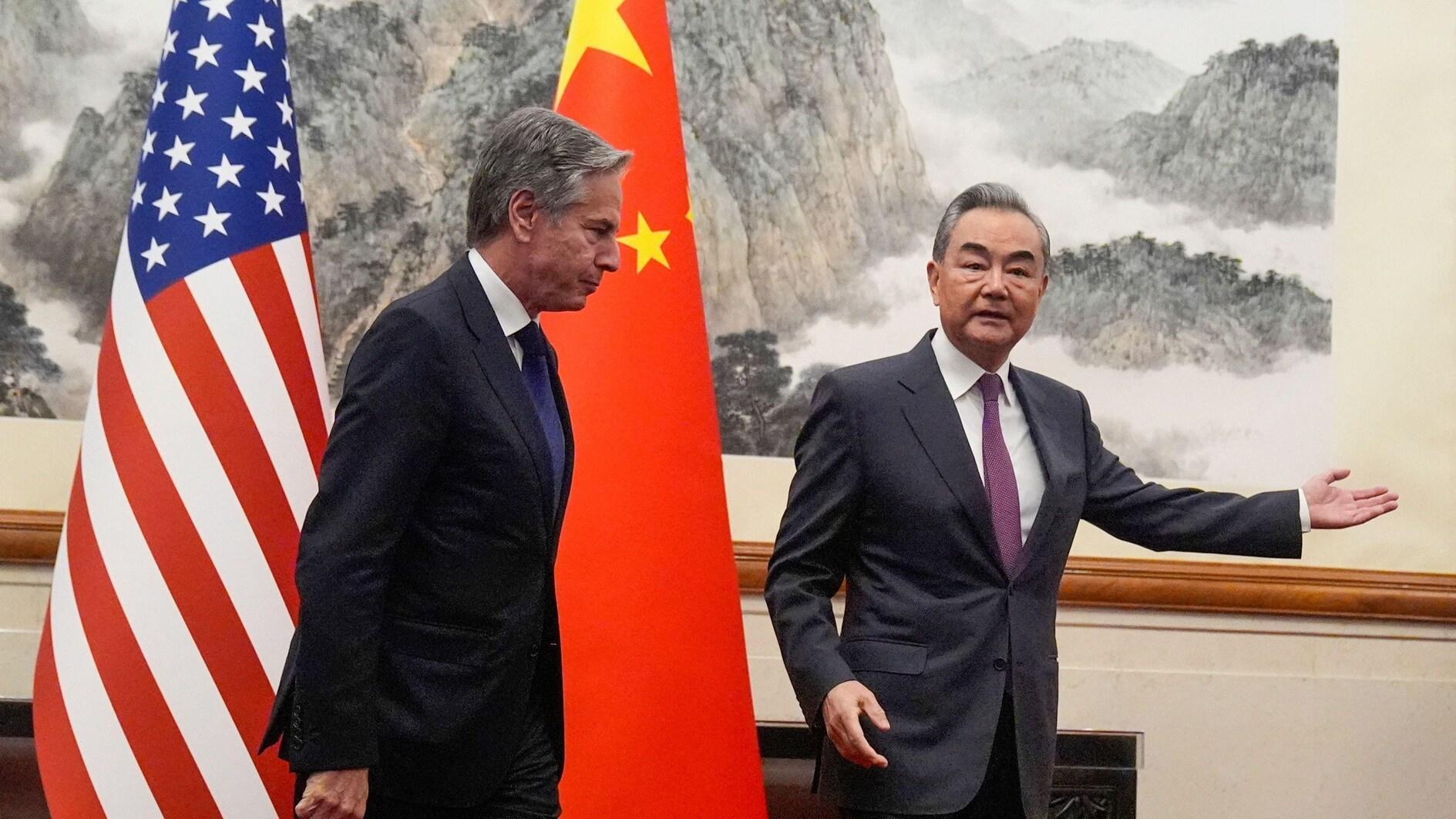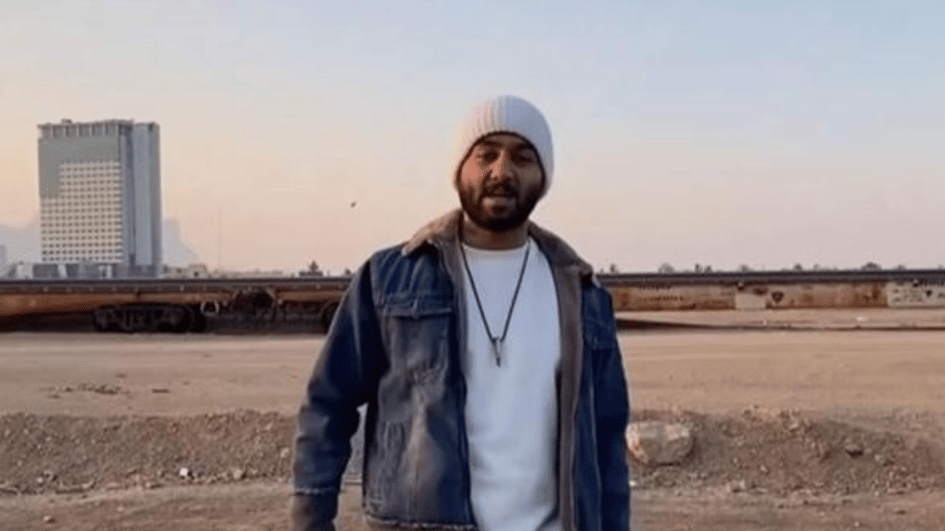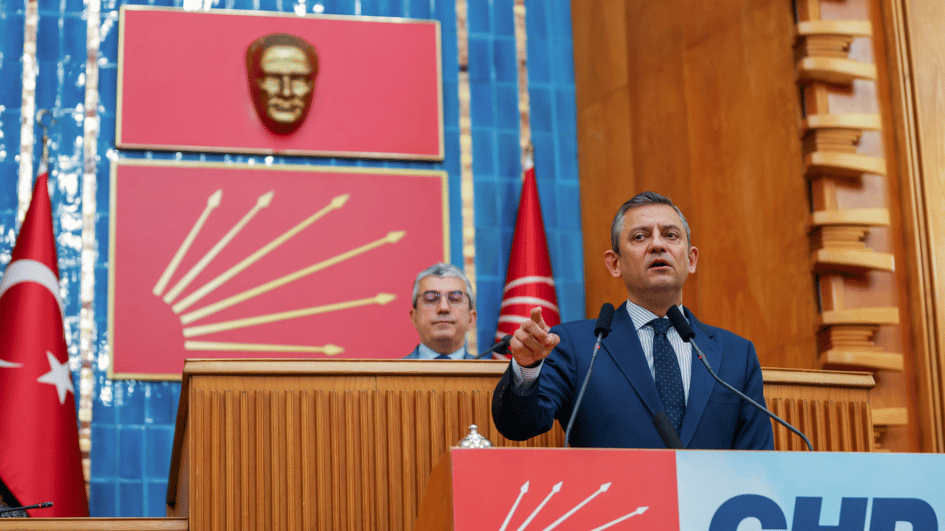Question marks over Ankara massacre
The death toll in the biggest ever terrorist attack in Turkey’s history that hit the capital Ankara on Oct. 10 exceeded 95 the next day, with hundreds still under medical care and 65 still in a critical condition.
Government officials suspect there were two suicide bombers, though there is still no final confirmation that they exploded the bombs on behalf of the Islamic State of Iraq and the Levant (ISIL), despite a Reuters report yesterday. Based on security and judicial sources, Hande Fırat of CNN Türk reported on the evening of Oct. 11 that the bodies of the attackers - and people in the immediate proximity - were so badly affected that it was not yet possible for forensic experts to put the bodies together and complete DNA tests to determine their identity, or even their gender.
Speaking on Oct. 10, Prime Minister Ahmet Davutoğlu mentioned the names of four outlawed organizations that have carried out suicide attacks in Turkey before and might have the potential to carry out new ones today. He cited ISIL (or “DAESH,” as he said), the Kurdistan Workers’ Party (PKK), and two militant Turkish leftist organizations notorious for their acts of terror: the People’s Revolutionary Liberation Party-Front (DHKP-C) and the Marxist Leninst Communist Party (MLKP). Davutoğlu also said the security forces have arrested two people in recent days in connection to suicide attacks, adding that in recent months the police have seized a number of specially designed vests for suicide attacks. Indeed, back on Aug. 15, Ali Kayalar of the Hürriyet Daily News quoted an unnamed ranking Turkish official saying that in the first half of the year the authorities had seized 30 such vests belonging to ISIL, “some of them ready to use.”
One of the most frequently asked questions after the attack has been whether the government took necessary security measures to protect the peace rally held by a number of civil society organizations and supported by the Kurdish problem-focused Peoples’ Democratic Party (HDP). There has been accumulating intelligence that ISIL, or other outlawed organizations, has been preparing to carry out a big act of terror in Turkey. Faruk Bildirici, the ombudsman of daily Hürriyet, who was close to one of the two explosions in front of Ankara’s main train station, said he had seen only a few traffic policemen in the gathering area for the rally.
Upon a reporter’s question, Interior Minister Selami Altınok said on Oct. 10 that there was “no security problem” so he would not resign. But Mehmet Ali Şahin, the deputy chairman of Davutoğlu’s Justice and Development Party (AK Parti), said serious security measures should have been taken in the gathering area. PM Davutoğlu said he would order an investigation into the situation.
Following a one-and-a-half hour meeting with Davutoğlu, Republican People’s party (CHP) head Kemal Kılıçdaroğlu said he told Davutoğlu that Altınok and Justice Minister Kenan İpek should resign immediately. “It is the government that has responsibility over its citizens attending a peaceful rally,” Kılıçdaroğlu said.
He also pointed to the government’s foreign policy, especially in Syria, as being among the root causes of the rise in the atmosphere of terror in Turkey. He said this foreign policy must change.
Indeed, as the shock over the Ankara massacre passes, more and more questions are likely to emerge about it.











